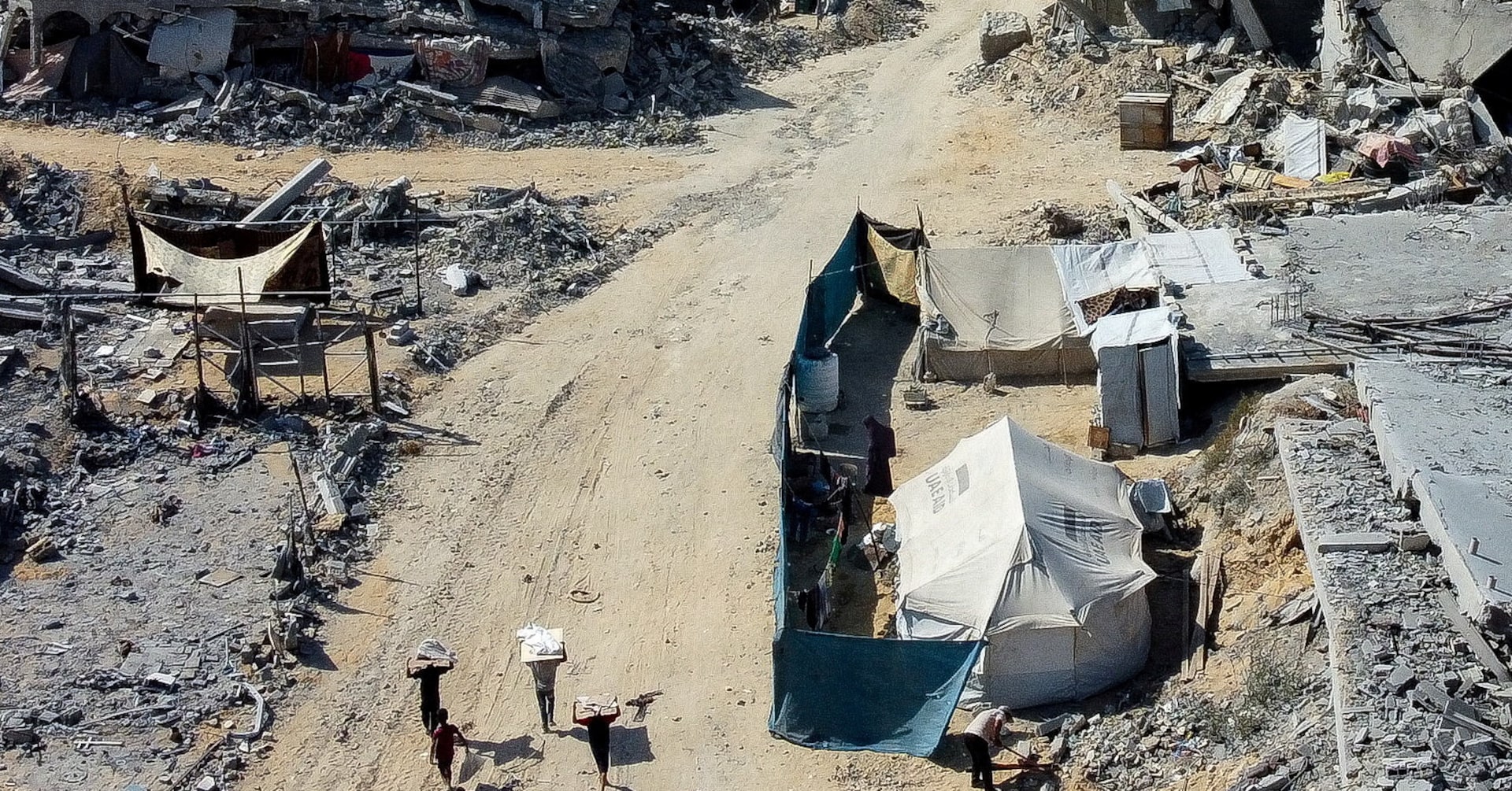Copyright Santa Clarita Valley Signal

News release The Los Angeles County Department of Public Health is investigating the possibility of a local spread of Clade I mpox cases after confirming its second case in an adult with no recent travel to regions where this virus is typically found. The individual was hospitalized and is now recovering at home. This is the third clade I mpox case in L.A. County and the third in the nation without known travel to another country where clade I is typically found. Public Health announced its first case last week and, earlier in the week, the city of Long Beach, which has its own health department, announced its first case. As of the publication of this article, no clear link has been identified between the cases. Public Health continues collaborating closely with California Department of Public Health and the U.S. Centers for Disease Control and Prevention to investigate these mpox cases as swiftly and effectively as possible. Enhanced surveillance and contact tracing are underway to identify any additional cases and potential sources of the infection and to prevent further transmission. The CDC is conducting additional testing to identify the virus’ genes (genomic sequencing) in each case. How Mpox Clade I and Clade II Differ Mpox is caused by two main types or clades of the mpox virus: clade I and clade II. Clade II causes mild to moderate illness and has been circulating at low levels in the United States since 2022. Clade I may be more severe than clade II and has recently been linked to outbreaks in some African countries since 2024. Both clade I and clade II may present with flu-like symptoms followed by a rash and can be spread through close person contact (sex, massage or cuddling) and within households or by sharing personal items. Laboratory testing of lesions can confirm a diagnosis for clade I and clade II mpox. So far in 2025, Public Health has reported 118 cases of clade II mpox. “The confirmation of a third case with no travel history raises concerns about possible local spread in Los Angeles County,” Dr. Muntu Davis, Los Angeles County health officer, said in a news release. “We’re working closely with our partners to identify potential sources and understand how this potentially more serious type of the mpox virus may be spreading.” Public Health strongly recommends vaccination. Vaccination with both doses remains an effective tool in preventing the spread of mpox, according to the release. The JYNNEOS vaccine is a safe, two-dose vaccine that helps protect against both clade I and clade II mpox, and getting both doses provides the best protection. People in high-risk groups are urged to get fully vaccinated. Second doses can be given no matter how long it’s been since the first dose. Vaccine boosters (i.e., third doses) are not recommended at this time. Pharmacies across L.A. County offer the vaccine. Individuals can also call their health care providers to inquire about receiving JYNNEOS. Public Health also maintains a list of public vaccination sites that carry the JYNNEOS vaccine which is updated frequently. Most health insurance plans should cover JYNNEOS vaccine for eligible individuals; this includes Medi-Cal, Medicare and private insurance. Residents are advised to contact their health plan to find out if they cover JYNNEOS. People should call ahead to make sure the JYNNEOS vaccine is available in advance of going to a vaccine provider. For uninsured and underinsured individuals, JYNNEOS vaccine is a covered service for eligible persons enrolled in the PrEP Assistance Program or AIDS Drug Assistance Program. Uninsured and underinsured individuals can also access free JYNNEOS vaccine at Public Health Sexual Health Clinics. Appointments and visits as soon as possible are strongly recommended to ensure availability of the limited supply of vaccine. Public Health’s sexual health clinics found at publichealth.lacounty.gov/chs/sexualhealthclinics. For more information on how to get the mpox JYNNEOS vaccine, call the Public Health Infoline at 1-833-540-0473, seven days a week, 8 a.m. to 8 p.m. Symptoms consistent with mpox include rash, fever or swollen lymph nodes. If symptoms develop, Public Health advises individuals to seek medical attention and get tested. Health care providers should be aware of the possibility of mpox and promptly test suspected cases, the release said. Providers should immediately notify Public Health if the patient has traveled to Africa in the past 21 days to facilitate expedited testing. For the most up-to-date information and resources, visit ph.lacounty.gov/mpox or contact the Public Health Info Line at 1-833-540-0473, seven days a week, 8 a.m. to 8 p.m. Mpox (previously referred to as Monkeypox) is mainly spread through close contact with body fluids, sores, shared bedding or clothing or respiratory droplets (kissing, coughing, sneezing). Symptoms include rash or unusual sores that look like pimples or pus-filled blisters on the face, body and genitals, fever, chills, headache, muscle aches or swelling of lymph nodes.



